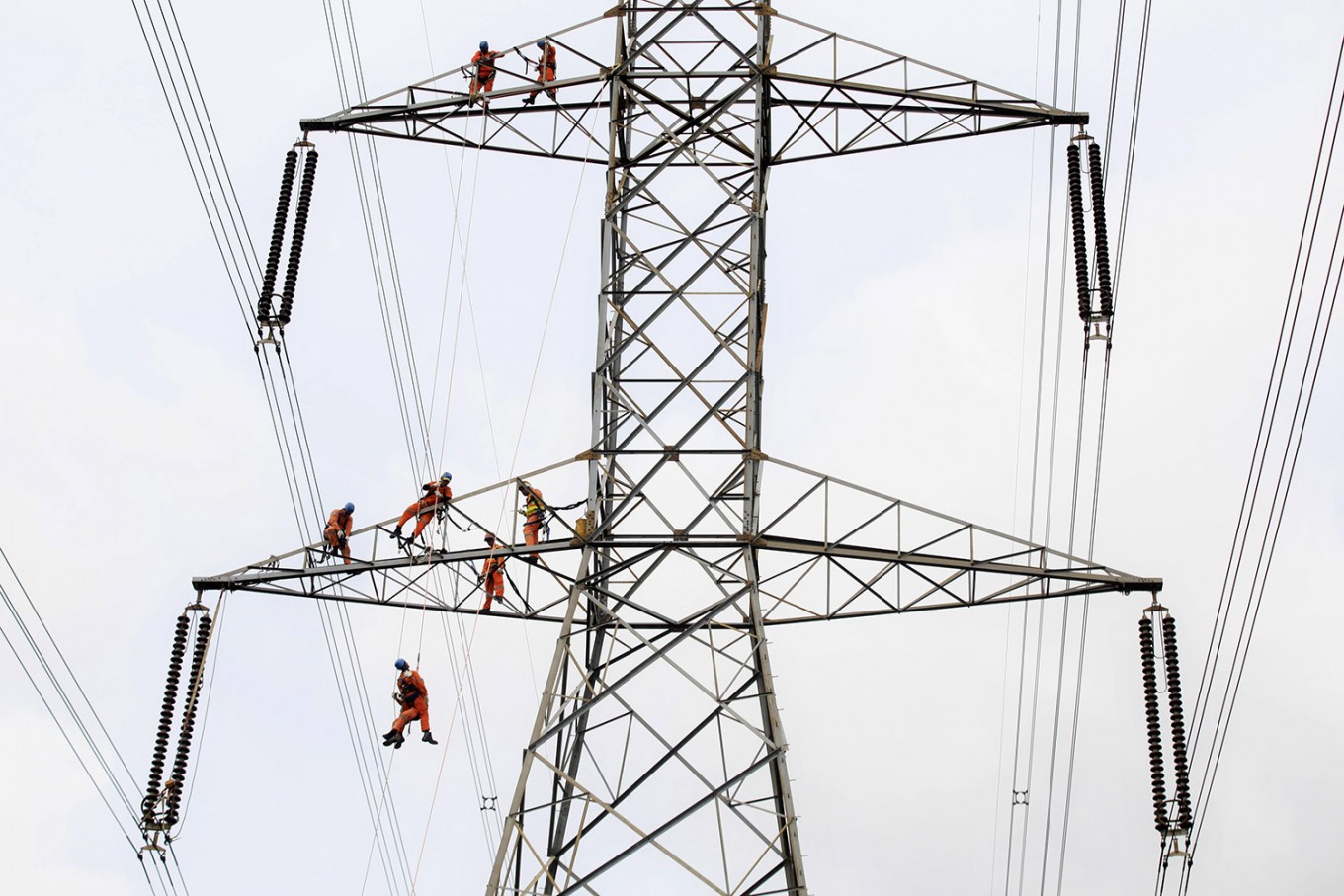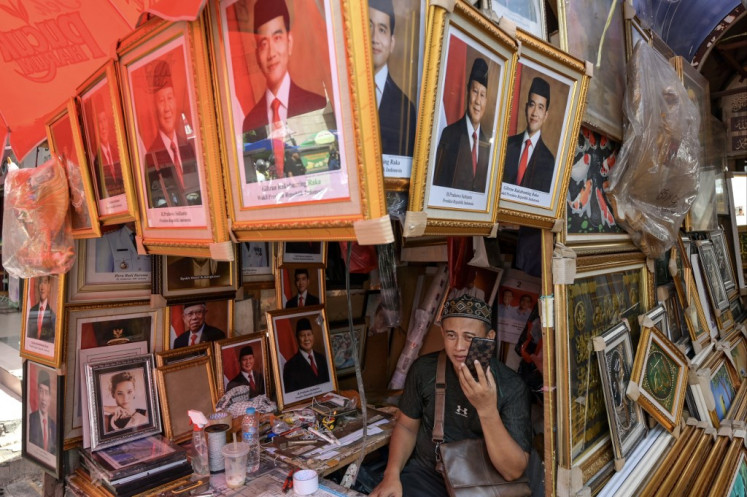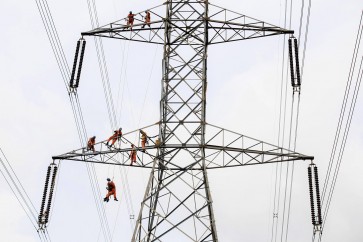Regulatory changes good for consumers, not so hot for coal
But under the new regulation, if PLN is unable to obtain the power from the power plant, due to the grid being damaged by, say, increasingly frequent, strong and erratic storms due to climate change, PLN is relieved of its payment obligations.
Change Size
 PT PLN (Persero) is the sole retailer of electricity in Indonesia. This state-owned entity buys power from the companies that own the coal, gas and renewable energy plants — the energy developers. (JP/Dhoni Setiawan)
PT PLN (Persero) is the sole retailer of electricity in Indonesia. This state-owned entity buys power from the companies that own the coal, gas and renewable energy plants — the energy developers. (JP/Dhoni Setiawan)
I
n the fast-evolving regulatory landscape that is the Indonesian power sector, it is hard to be definitive about how changes impact developers, investors and lenders. However, one can always observe the trends, and most recent news appears to be good for consumers and rather worse for coal power generators.
You could be forgiven if, in January, you missed the Energy and Mineral Resources Ministry’s issuance of Regulation No. 10/2017 on principles of power purchase agreements.
But this is important in a number of ways.
As most people who pay a bill know, PT PLN (Persero) is the sole retailer of electricity in Indonesia. This state-owned entity buys power from the companies that own the coal, gas and renewable energy plants — the energy developers.
This is how it works: PLN signs long-term contracts — usually 30 years — with the developers, known as Power Purchase Agreements (PPAs), to guarantee it has enough energy to keep the lights on in Indonesia, and also so the producers know they will make a hearty profit from constructing expensive pieces of infrastructure.
Under current PPAs, developers have always taken comfort in the “take or pay” or capacity payments guaranteed by the 30-year contracts.
As long as the plant is producing power, they get paid, including for periods when the plant may have to shut down due to unexpected incidents, known as force majeure, affecting PLN.

















